
Collar interference by strangers is endangering Upper Hutt 'wind sucker' horse Stuff.co.nz
Excellent 4.9 / 5 9,976 Reviews Explore our in-depth guide on windsucking in horses. Learn the meaning of horse windsucking, understand the implications of wind sucking, and discover effective management strategies.

A Horse Windsucking YouTube
Crib-biting and windsucking are equine vices in horses and ponies that can occur due to inactivitiy, boredom, stress or excitement. can be copied from other horses. This can develop into a permanent habit or stable vice. Crib-biting and windsucking are different variations of the same vice in each case the horse swallows air.
.png)
Equine Breathing help your horse recover from windsucking / cribbing
Windsucking is when a horse arches his neck, opens his mouth, and swallows air, often making a loud gulping sound at the same time. There can be a number of reasons and causes for it and in a lot of cases, it's nothing more than an annoying sound.

Chulo is windsucking Easy Horse Care Rescue Centre YouTube
A wind sucker flexes his neck, gulps air and emits a grunting sound. Unlike cribbers, horses that wind suck don't need to grasp an object to perform this act. Why Does Your Horse Do This?
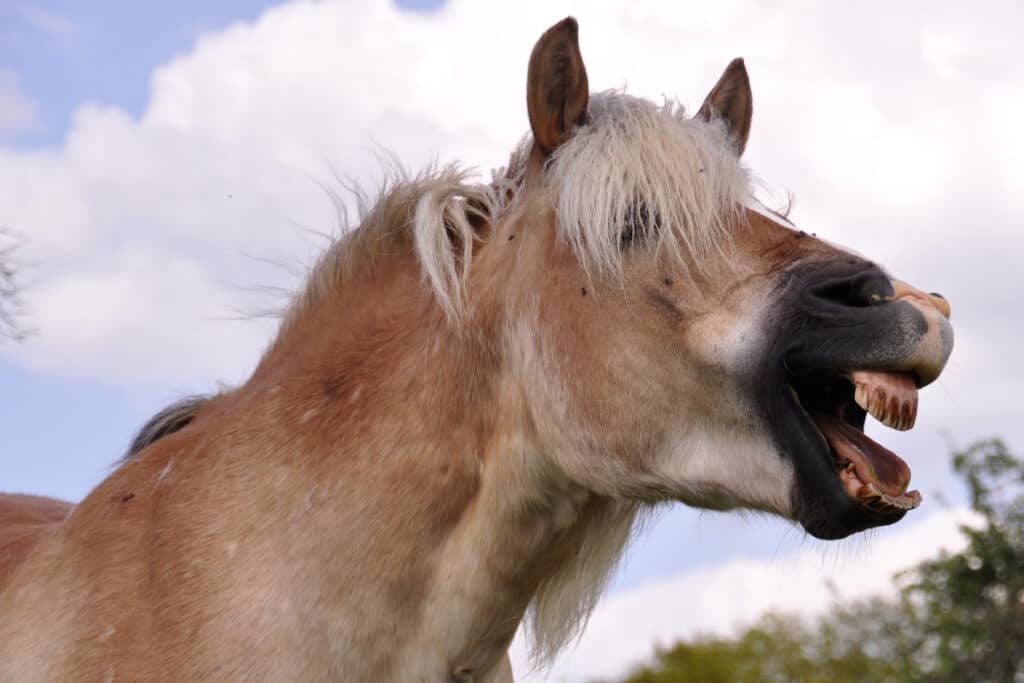
Why Do Horses Windsuck, And Should You Stop Them Doing It? Horse FactBook
Typically, a horse engaged in windsucking will grasp an object such as a fence or stable door with its incisors, arch its neck, and draw in air with a distinct gulping noise. This behavior can become habitual and recur multiple times throughout the day.
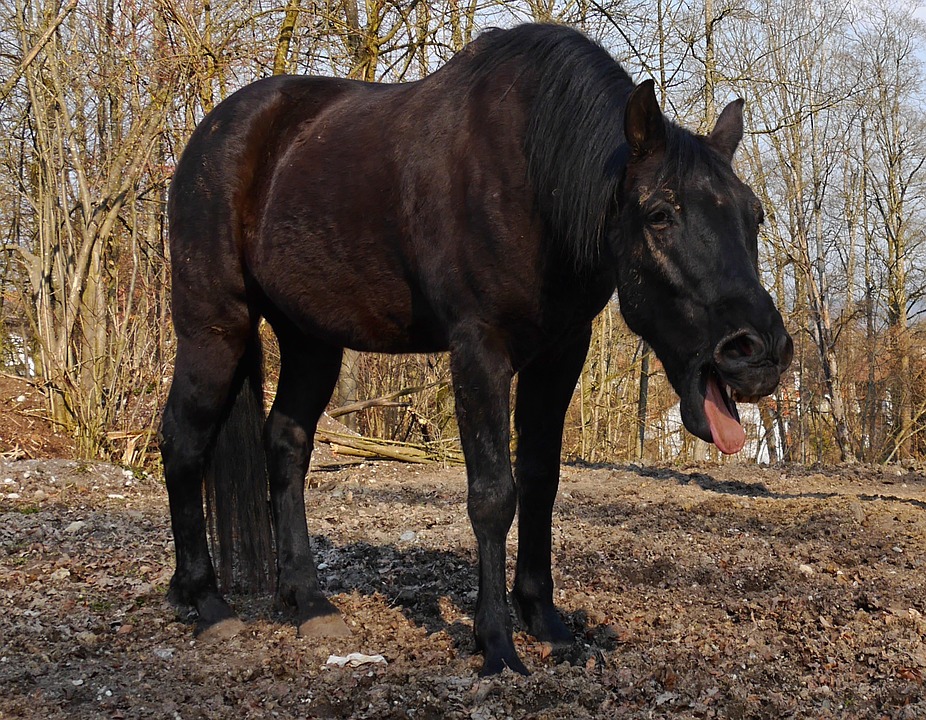
Wind Sucking in Horses Causes & Solutions to Prevent It
Cribbing or crib-biting is usually defined as the unwanted behaviour a horse exhibits by either bracing its top teeth or jaws onto an object such as a fence or rail, arching his neck and making a burping noise. This act of bracing against the teeth can lead to dental damage in excessive cases.

windsucking horse YouTube
Cribbing or Wind Sucking in Horses Cribbing or crib biting is a vice in which the horse places its upper incisors on a horizontal solid surface, presses down, arches its neck and pulls back. As this occurs the horse usually makes a grunting noise and gulps air.

Anti Crib Biting Windsucking Collar Stop Horses Cribbing Miracle Biter Strap cob
Cribbing, otherwise known as crib biting or windsucking is where a horse bites onto a solid object (fence or gate) and sucks back air through the gullet. It is often learned when horses are exposed.
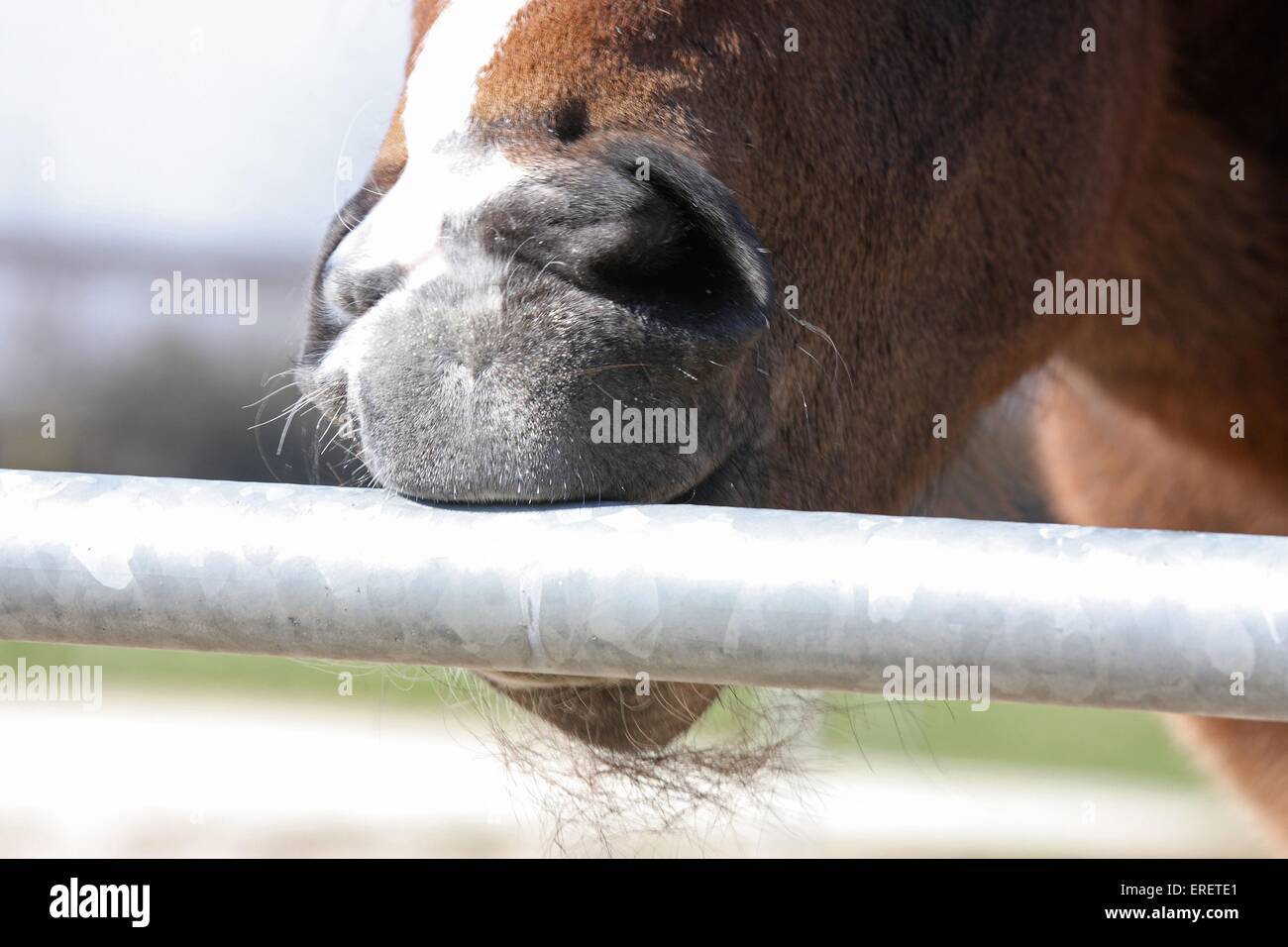
Wind sucking hires stock photography and images Alamy
Windsucking usually develops amongst horses that are stabled for long periods of time, without opportunity for free paddock exercise and grazing. In this country, the majority of windsuckers are ex-racehorses, although by extending the environmental factor to include day yards on dirt, we encounter a smattering of other breeds too.
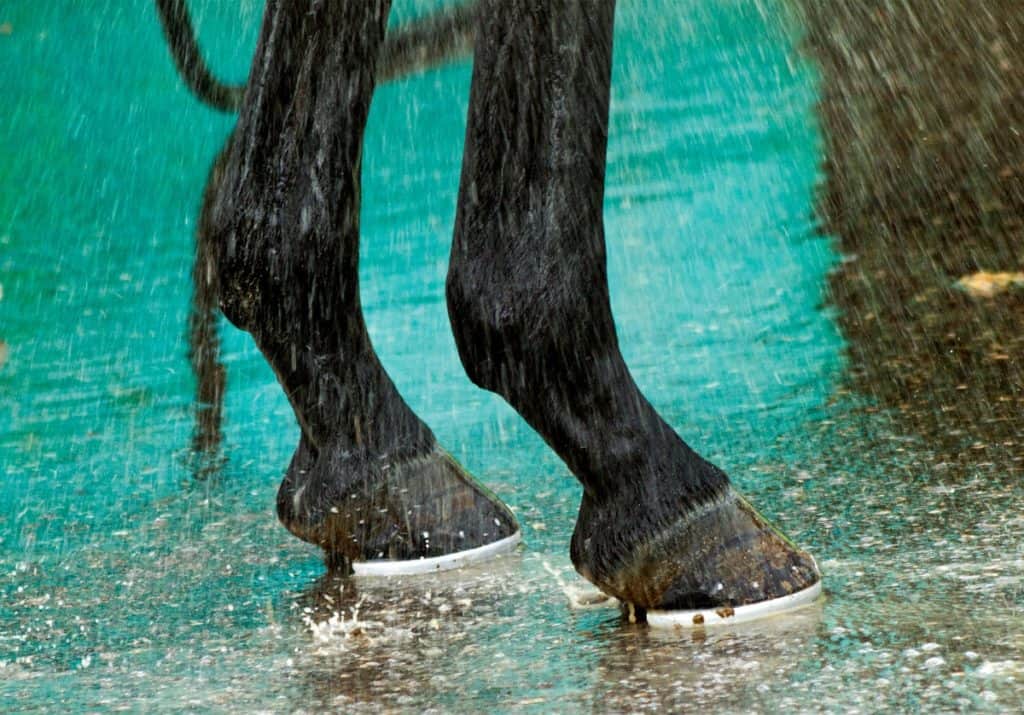
Understanding Wind Puffs in Horses Best Horse Rider
Wind sucking or crib biting in horses is most likely to first occur in association with boredom and lack of forage/grazing. Most people are well aware that a diet high in long-stem fibre plays an essential role from a physiological and digestive standpoint in the horse. However, what is often overlooked is the crucial role constantly grazing.
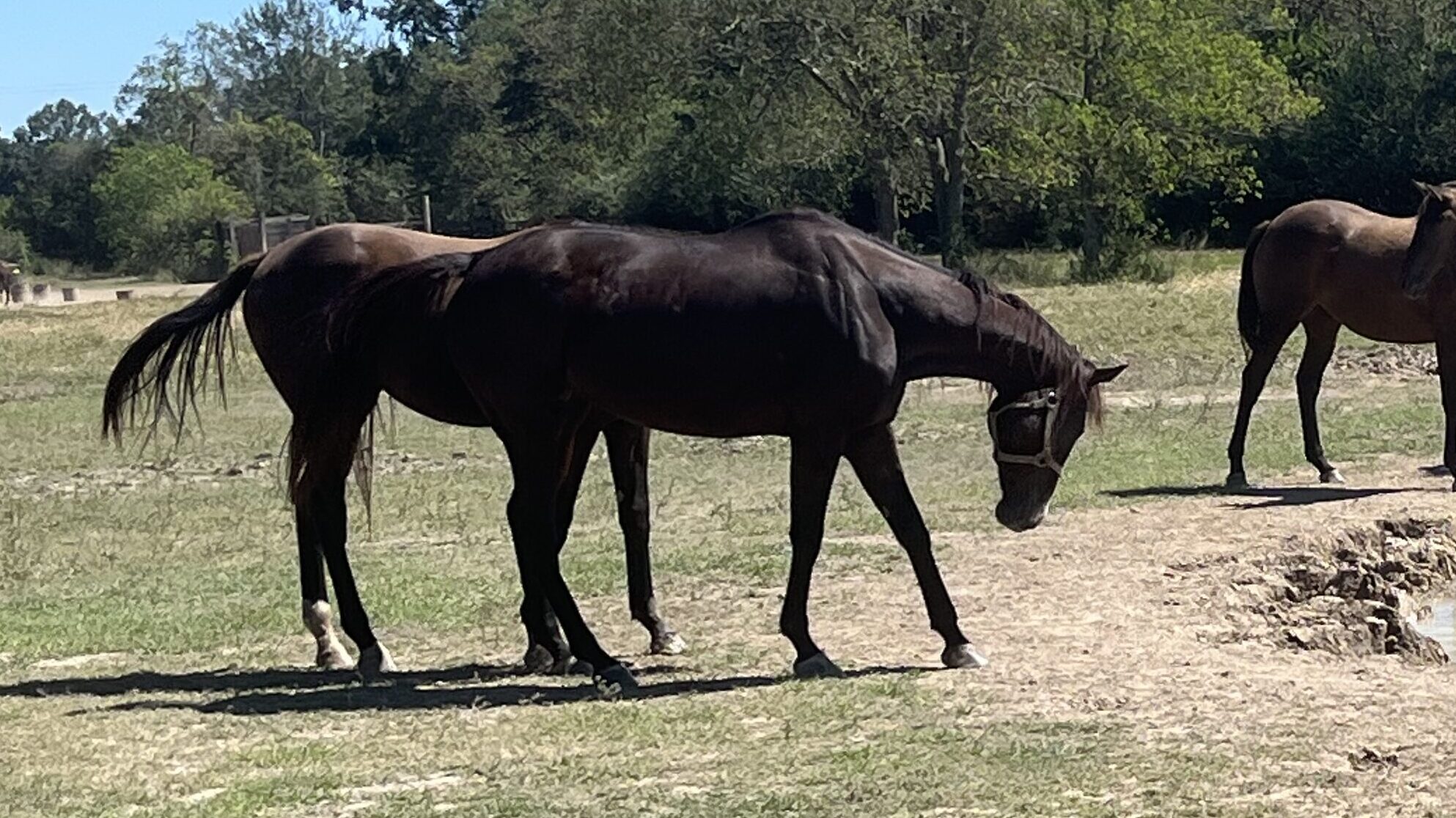
Wind Sucking Mares And Caslicks
Windsucking is when a horse opens his mouth flexs his neck and nosily gulps air. It is also known as crib biting, where a horse clamps onto a fencepost or other object and gulps air. Windsucking is often displayed by performance horses that are stabled, therefore stress, boredom and gastrointestinal ulcers are the most common sited reasons a horse starts. Stabled horses are more likely to have.

Windsucking in horses. YouTube
Firstly that wind sucking is NOT a learnt response, but is triggered mainly by inappropriate management. That is the complete management - diet, exercise and environment. Secondly that horses do not swallow air when wind sucking.
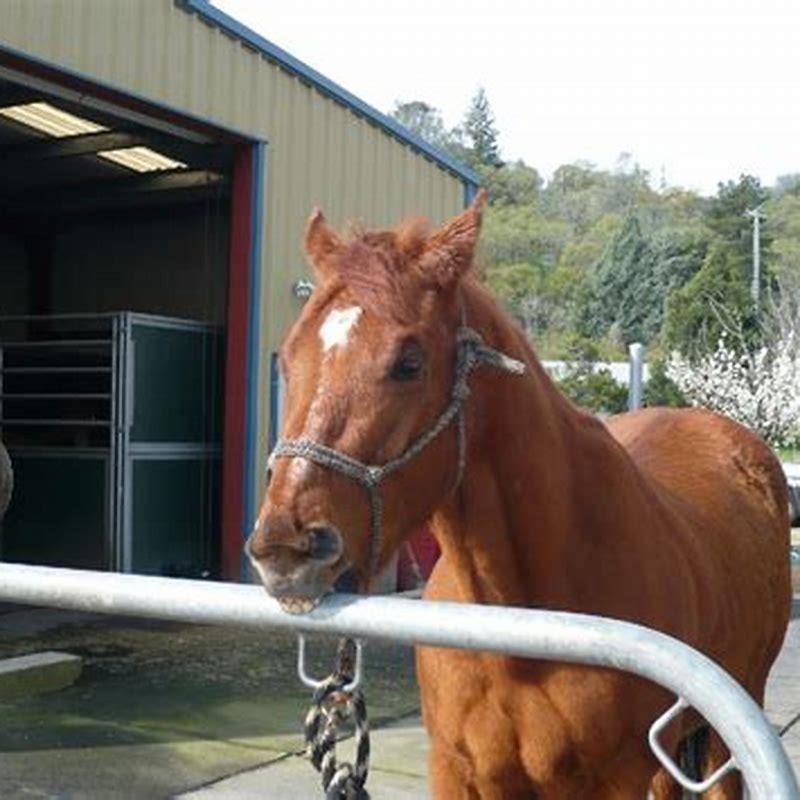
Can you stop a horse from Windsucking? DIY Seattle
Windsucking is an oral stereotypic behavior performed by horses. It is closely related to cribbing, but they are distinct behaviors. Horses windsuck by arching their necks and using their mouth to suck air into the cranial esophagus. The horse will then blow the air back out of the mouth while making a grunting sound. [2]
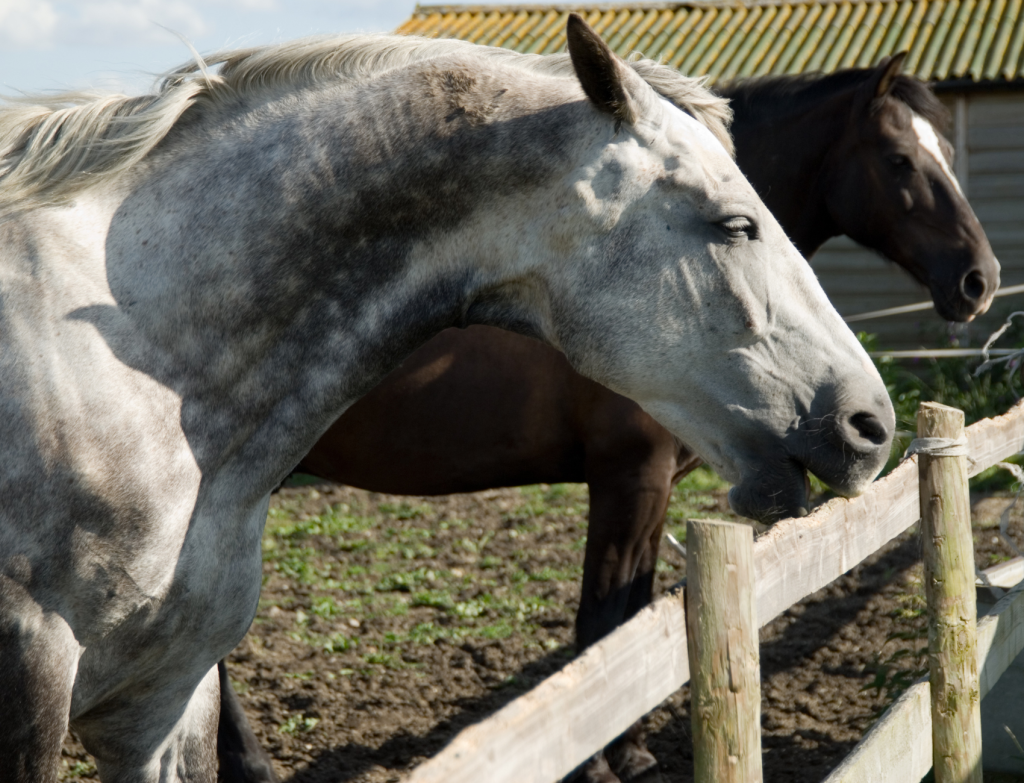
Should I buy a wind sucker? Ranvet
What is Wind Sucking in Horses? Wind sucking, which you might also see written as "windsucking" is a repetitive oral behaviour seen in stabled horses. It's a stable vice (an undesirable stereotypic behaviour) where a horse will open its mouth and flex its neck, noisily grunting and gulping air.

Miracle Cure Anti Crib Biting Windsucking Collar Strap Stop Horses Cribbing eBay
Cribbing or crib biting is a behavior in which the horse grabs onto a fixed object with the front teeth and pulls back while making a grunting noise. Windsucking is similar but the horse achieves the same position without grabbing a fixed object. Cribbing and windsucking have been reported to have detrimental effects on the horse's health such.

Herd Dynamics. Wild/range horses and domesticated including a 'windsucker' YouTube
Whether it is called cribbing, crib biting, aerophagia, or (incorrectly) windsucking, this is a stereotypical behavior in horses that is likely caused by boredom or stress and there is possibly a genetic predisposition, according to a study published in 2014.